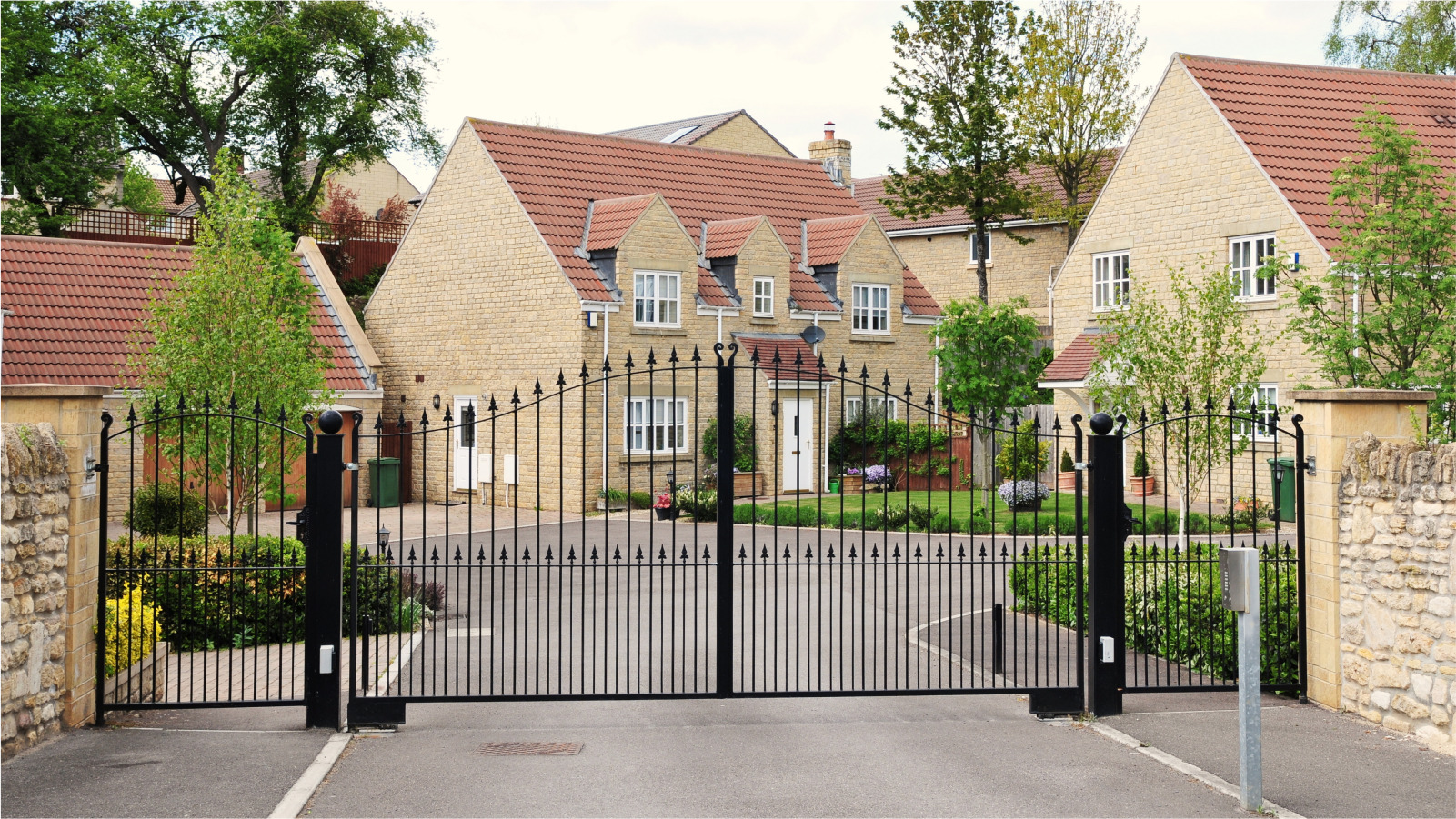The efficient and effective maintenance of an estate’s infrastructure, facilities, and green spaces is essential for providing residents with a high-quality living environment. To achieve this, estate managers must implement best practices in supervising maintenance contracts. In the realm of estate management, overseeing maintenance contracts is a critical responsibility for any UK estate management company. In this article, we will delve into the key strategies and considerations for ensuring that maintenance contracts are managed to the highest standards in the UK estate management industry. We’ll also explore the broader benefits of these practices for both residents and property owners.
The Importance of Maintenance Contracts in Estate Management
Maintenance contracts are the backbone of estate management, providing the necessary services to keep an estate in optimal condition.
Routine Maintenance: Regular cleaning and maintenance of common areas, such as lobbies, corridors, stairwells, and communal lounges, to provide a clean and welcoming environment for residents and visitors. Ongoing care for the estate’s green spaces, including lawn mowing, pruning, weeding, and planting, to maintain an aesthetically pleasing landscape.
Repairs and Restorations: Regularly addressing minor wear and tear, such as scuffed paint, loose fixtures, or worn flooring, to prevent small issues from becoming larger, more costly problems. Timely response to any damage caused by accidents, vandalism, or adverse weather conditions, ensuring that affected areas are promptly repaired to maintain safety and aesthetics.
Specialised Services: Regular inspections and maintenance of lifts (elevators) to prevent breakdowns, ensure resident safety, and comply with regulatory requirements. Implementing pest control measures to prevent infestations of insects, rodents, or other pests that can compromise the comfort and hygiene of the estate.
Compliance and Safety: Conduct regular inspections and audits to ensure that the estate complies with health and safety regulations, including fire safety, electrical safety, and building codes. Regularly assessing fire safety equipment, exit routes, and emergency procedures to mitigate fire-related risks and ensure residents’ safety.
Effective supervision of maintenance contracts is crucial for several reasons:
- Resident Satisfaction: Well-maintained estates lead to higher resident satisfaction and retention rates.
- Asset Preservation: Proper maintenance prolongs the life of estate assets, preserving property values and reducing long-term costs.
- Legal Compliance: Ensuring that the estate adheres to legal and regulatory requirements is vital for risk management and liability mitigation.
Best Practices for Supervising Maintenance Contracts
Clear Scope of Work: Define a clear scope of work for each maintenance contract. Specify the services, standards, and quality expectations in detailed written agreements.
Competitive Bidding: Use a competitive bidding process to select contractors. This ensures cost-effectiveness and quality control. Review bids thoroughly to assess the proposed services and costs.
Contractor Qualification: Verify the qualifications and credentials of potential contractors. Ensure they have the necessary licences, insurance, and expertise to perform the required tasks.
Regular Inspections: Implement a rigorous inspection schedule to monitor the contractor’s performance. Regular site visits allow you to assess the quality of work and address any issues promptly.
Detailed Reporting: Require contractors to provide detailed reports on their work, including maintenance schedules, service records, and any identified issues. These reports serve as valuable documentation.
Emergency Response Plans: Collaborate with contractors to establish emergency response plans. This ensures that urgent maintenance needs, such as plumbing or electrical issues, are addressed swiftly.
Budget Monitoring: Keep a close eye on budgetary matters. Ensure that contractors adhere to agreed-upon pricing and that costs are within the allocated budget.
Communication Channels: Maintain open and transparent communication channels with contractors. Address concerns, provide feedback, and foster a collaborative working relationship.
Performance Metrics: Establish key performance indicators (KPIs) to assess contractor performance objectively. These metrics may include response times, completion rates, and resident feedback.
Contract Review: Periodically review maintenance contracts to assess their effectiveness and relevance. Make necessary adjustments to meet changing estate needs.
Supervising maintenance contracts effectively is a fundamental aspect of estate management in the UK. By implementing best practices, estate management companies can ensure that estates are well-maintained, residents are satisfied, and property values are preserved. Clear scopes of work, competitive bidding, regular inspections, and open communication with contractors are essential components of successful contract supervision. Furthermore, these best practices not only contribute to the physical upkeep of the estate but also foster a sense of community, trust, and long-term sustainability. Through meticulous oversight and strategic collaboration, estate managers can fulfil their duty of care to residents and property owners while creating thriving and well-maintained estates.
